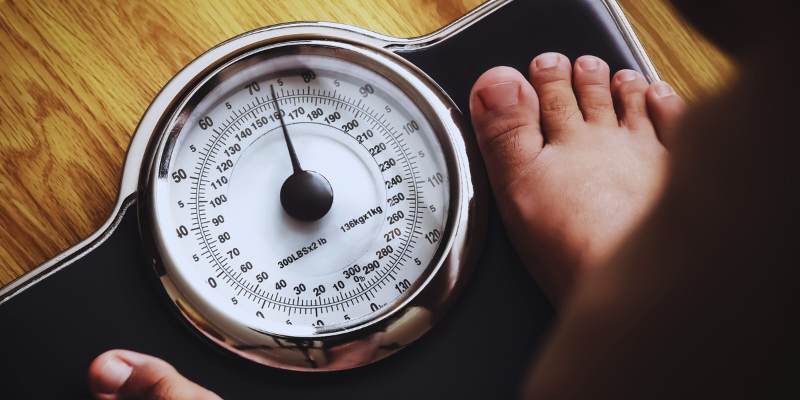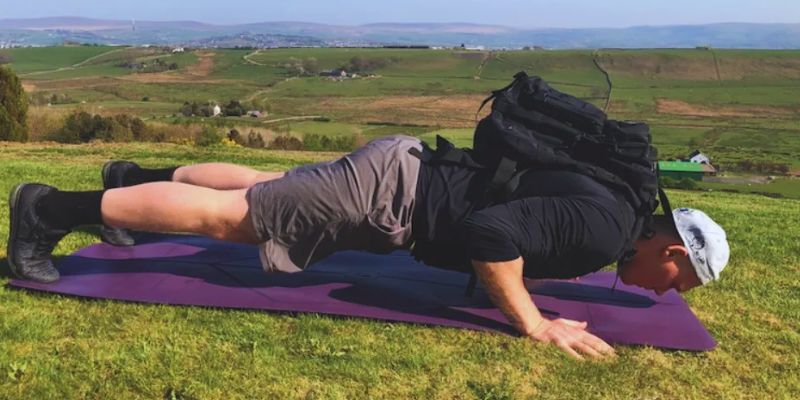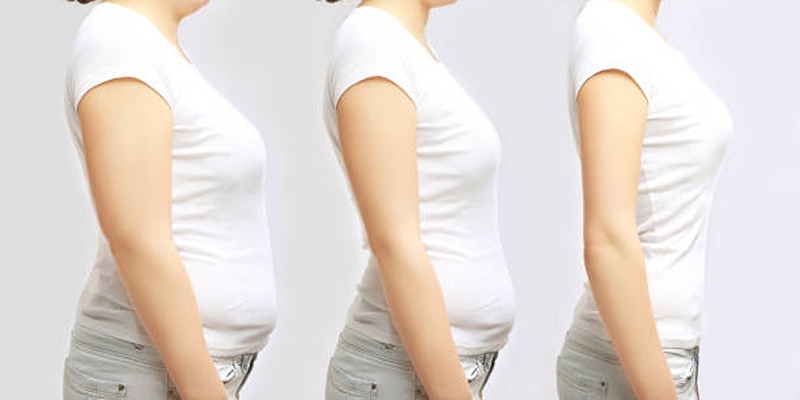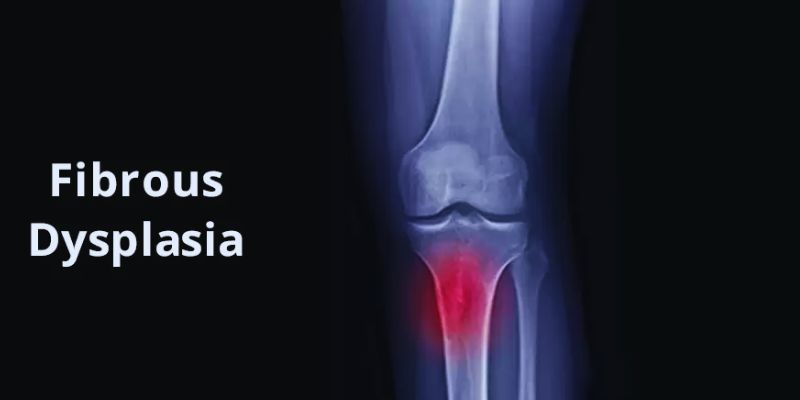Yoga is about balance, calm, and personal discovery—not only about stretching. Choosing the correct style can be perplexing, given the variety that exists. While some yoga forms stress, healing, and inner awareness, others center movement and exercise. The encouraging news is that a yoga style can match every lifestyle, degree of fitness, and personality.
Yoga offers something for you, whether you prefer relaxation, meditation, or sweating. Knowing the variations will enable you to match your objectives with appropriate practice. You don't have to start flexible or seasoned. All you have to do is choose a style that works for you. All set to investigate the offerings? Let's explore the most well-liked forms and assist you in addressing one important question: which yoga style suits you best?
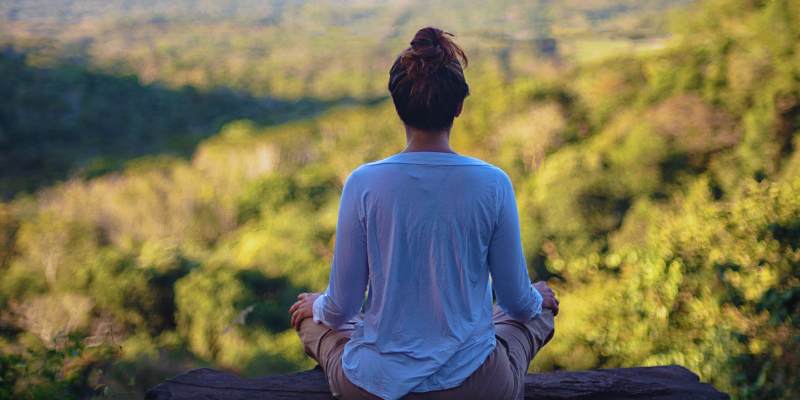
Which Yoga Style Fits You Best? A Simple Guide
Below are the most popular yoga styles, each offering unique benefits to match your fitness level, goals, and preferences:
Hatha Yoga: Great for Beginners and Relaxation
Perfect for novices or those looking for relaxation, hatha yoga is a gentle, slow-paced form. It is easy to follow since it emphasizes fundamental postures and deep breathing. You stay in each position slightly longer to increase flexibility and quiet the mind. This approach promotes bodily awareness and mindfulness as well. Hatha yoga is sometimes considered a fantastic introduction point for individuals just starting yoga. It provides stress release and lays a strong basis. If you're looking for a calm, low-intensity workout that promotes body and mind, hatha yoga is a great place to start.
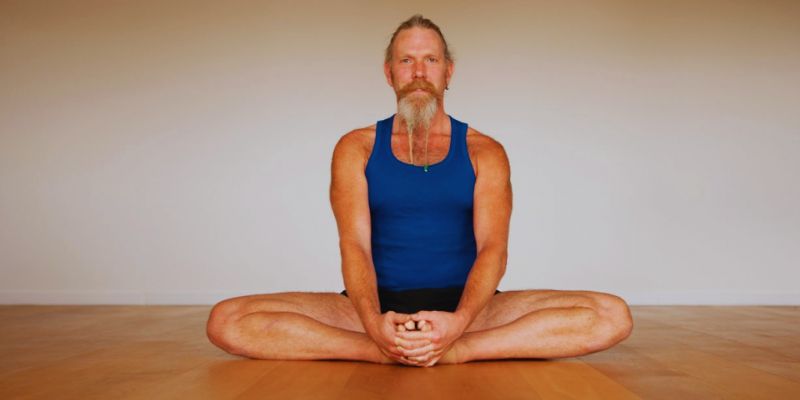
Vinyasa Yoga: Flow and Fitness Combined
In a dynamic form, vinyasa yoga links breath and movement in a flowing sequence. Often, it seems like a workout, but it is faster than Hatha yoga. Fluid transitions between one posture and the next help you develop endurance, flexibility, and strength. Every class is different and provides sequence with diversity and imagination. Those who desire to keep physically active and love continuous movement will find vinyasa perfect. It also helps with brain clarity and stress lowering. Vinyasa yoga can be ideal for your objectives and energy if you enjoy active routines and wish for a mix of fitness and flow.
Ashtanga Yoga: Challenging and Structured
Following a set pattern of postures, Ashtanga yoga is a physically taxing form. Every time you strike the same poses in the same sequence, you develop discipline. Fast-paced, this style emphasizes strength, endurance, and flexibility. For those who appreciate structure and repetition, it's fantastic. Ashtanga is best suited for those with experience or a strong will to increase fitness, but it can be somewhat demanding. It also stresses interior awareness and breathing. Ashtanga yoga is a strong and satisfying option if you seek a demanding, goal-driven practice with obvious growth.
Iyengar Yoga: Precision and Alignment
In every posture, Iyengar yoga stresses alignment, detail, and control. It guides you in the correct form using blankets, belts, and blocks. For those with injuries or those requiring more help, this makes it a great choice. The modest speed lets you concentrate on posture and create safe strength-building. Over time, Iyengar yoga enhances body awareness and balance as well. Anyone interested in the technical aspects of yoga or handling physical restrictions should find it perfect. Iyengar yoga is a useful and sensible technique to learn proper posture and prevent injury while building stability.
Bikram Yoga: Hot and Intense
Usually at 105°F (40°C), Bikram yoga takes place in a warm room with great humidity. Every session starts with a predefined series of 26 poses and two breathing exercises performed similarly. Many think the heat promotes perspiration, which helps muscles elongate, therefore facilitating detoxification. Strong, flexible, and focused, this style develops. The heat makes it unsuitable for beginners or people with certain medical problems. Those who appreciate regimented schedules and can withstand rigorous physical challenges will find Bikram appropriate. Try Bikram yoga for a demanding exercise in a warm environment.
Kundalini Yoga: Energy and Meditation Focus
Kundalini yoga wakes inner energy by combining movement, breathwork, chanting, and meditation. This approach stresses spiritual and mental development rather than physical positions. Classes could call for mantras, breathing exercises, and kriyas—exercise sets. Kundalini yoga seeks to harmonize spirit, body, and mind. It boosts emotional well-being, lowers stress, and raises self-awareness. Those looking for a closer relationship inside themselves will find this style appropriate.
Restorative Yoga: Deep Relaxation and Healing
A very calming technique, restorative yoga uses props to assist the body in achieving peaceful positions. Every position is kept for several minutes so that the neurological system and muscles may release tension. Healing from disease, injury, or stress calls for this mild approach. It promotes overall relaxation and aids in better digestion, emotional wellness, and sleep. Restoring yoga delivers maximum rest, and little effort is needed. For people who feel overwhelmed, stressed, or exhausted, it's ideal.
Yin Yoga: Stretch and Calm the Mind
Targeting deep connective tissues—such as ligaments and joints—yin yoga is a slow, meditative form. Poses let one gently, passively stretch for several minutes. It releases built-up tension, boosts circulation, and enhances flexibility. Yin yoga provides a relaxing sensation for the body and mind, supporting stillness and awareness. It is for those who wish to slow down and are introverted. Yin creates a balanced practice when matched with more dynamic yoga forms. Yin yoga is a calming and centering practice at any level if you want inner serenity and physical release via long, peaceful holds.
Conclusion:
Yoga is a personal trip; the correct form will rely on your goals, body, and mental state. A yoga practice is designed for you regardless of your desire—strength, flexibility, tranquility, or vitality. Each form has special advantages, from Hatha's moderate pace to Ashtanga's fierce challenge or the soothing serenity of Restorative yoga. Try many kinds to find what feels perfect. As your demands evolve, your ideal match can vary. Showing up for yourself counts most. Discover with an open heart and savor the several gifts yoga offers for your life.

